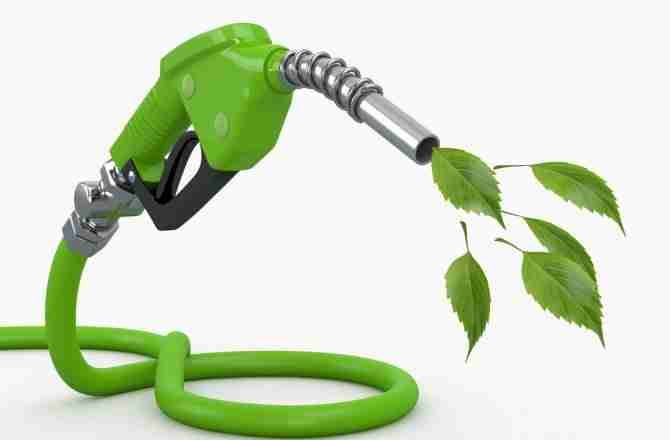
Newswire — U.S refiners have devised another means of producing renewable diesel- cooking oil from fast-food restaurants.
A new report from Reuters said the new development was as a result of low demand for gasoline since the outset of the COVID19 pandemic which had forced several refining companies to modify their facilities.
The refiners, according to the report said the shift has helped them tap into lucrative federal and state incentives for production of low carbon fuels at a time when dwindling fuel demand has caused low profits from gasoline.
Gasoline demand is down around 10% from a year ago due to the pandemic, though it still makes up a major chunk of refinery production.
Renewable diesel fuel or biodiesel burns cleaner than conventional diesel and can run without blending. Refiners can produce it by converting gasoline-making units to hydrotreaters that can process soybean oil or used cooking grease.
Due to the concern on the availability of recoverable fossil fuel reserves and the environmental problems caused by the use of those fossil fuels, considerable attention has been given to biodiesel production as an alternative to petrodiesel. Biodiesel is an eco-friendly, alternative diesel fuel prepared from domestic renewable resources i.e. produced from vegetable oils and animal fats. It is a renewable source of energy seems to be an ideal solution for global energy demands, according to a research by Electronic Journal of Biology.
U.S companies that have recently announced moves to produce renewable diesel include CVR Energy, Marathon Petroleum Corp, Phillips 66, and HollyFrontier Corp.
Phillips 66 refinery in Rodeo, California in a statement, said it plans to convert the facility to lower operating cost. The project will come online by 2024.
Oregon has a similar credit program and several other U.S. states are also developing standards.
Refiner Valero Energy Corp said it has secured a supply agreement for animal fats and used cooking oil with Darling Ingredients, while Neste, a renewable fuels producer, bought Mahoney Environmental, a company that collects used cooking oil in 31 states.
“California’s LCFS (Low Carbon Fuel Standard) program is currently a key driver of renewable diesel production,” said Charles Kemp, refining consultant at Baker O’Brien, which estimates that renewable diesel will make up 20% of California’s diesel pool in 2020 and that the percentage will double by 2030.
The country’s federal policy has also encouraged refiners to produce renewable diesel through incentives such as a blender’s credit of $1 per gallon expiring in 2022.
The United States now consumes 21.4 million barrels of renewable diesel per year, a fraction of the 4.1 million barrels used every day for conventional distillate fuel oil, according to U.S. Energy Department data.
If all the renewable diesel projects that have been announced so far come online, it could take roughly 300,000 barrels per day or more of crude-based refined products out of the market, according to estimates by energy intelligence firm, Genscape.
Renewable diesel made from animal fats and used cooking oil provide more credits under California’s low carbon fuel program than that made from soybean oil, because it is considered less carbon-intensive, but soybean oil is much more plentiful.
U.S. animal fat and used cooking oil production, for example, has grown about 4.5% percent since 2011 to about 54 million barrels a year, according to the National Renders Association. Soybean oil production, by contrast, has increased by 26% to about 105 million barrels a year, according to the U.S. Agriculture Department.
According to IEA’s latest data, biofuel and waste contributed 6.3% or almost 6000mtoe of world’s energy by source as of 2019.



